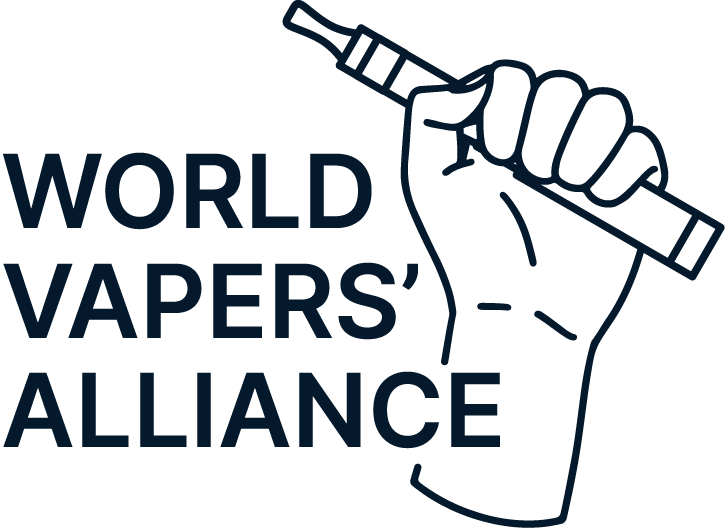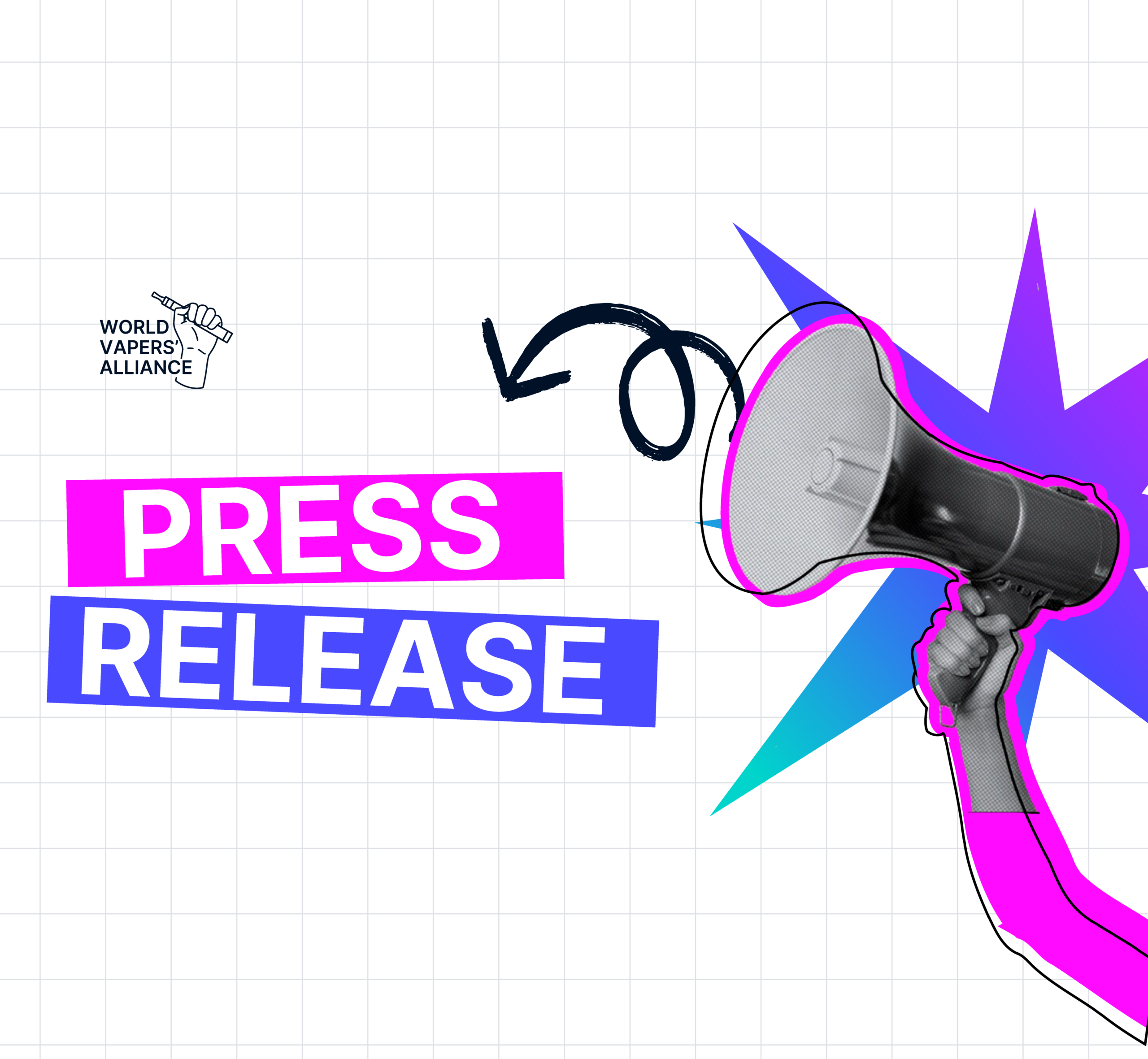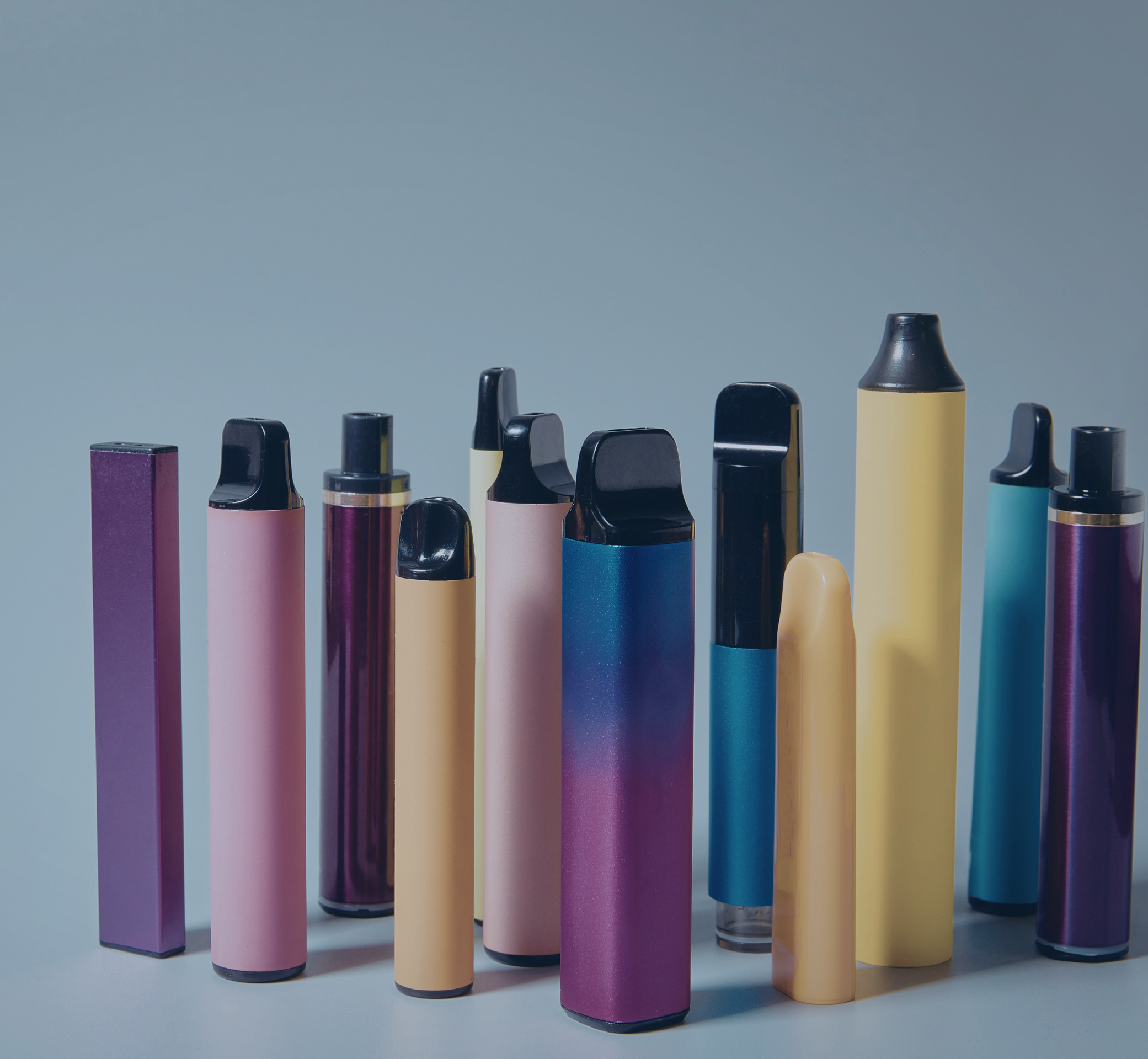Meksiko je 2020. godine uveo zabrana prodaje proizvoda za vaping, što označava značajnu promjenu u stavu zemlje o vapingu. Odražavajući opće raspoloženje koje prikazuju globalni mediji, mjera je donesena usred rastuće zabrinutosti zbog zdravstvenih rizika povezanih s vapingom, posebno među mladima.
Naravno, zabrana je imala za cilj riješiti potencijalne dugoročne posljedice ovisnosti o nikotinu, no naišla je na različite reakcije. Dok su neki podržavali vladine napore u zaštiti javnog zdravlja i sprječavanju maloljetničkog vapinga, drugi su kritizirali taj potez, tvrdeći da je ograničen pristup za odrasle pušače potencijalno manje štetnoj alternativi tradicionalnim cigaretama. Osim toga, postojala je zabrinutost zbog utjecaja zabrane na industriju vapinga, uključujući trgovce i proizvođače.
Sveukupno, zabrana vapinga u Meksiku potaknulo je rasprave o regulaciji duhanskih i nikotinskih proizvoda, ističući složenost uključenu u uravnoteženje problema javnog zdravstva s individualnim slobodama i ekonomskim interesima. Također je naglasio potrebu za donošenjem politika temeljenih na dokazima i sveobuhvatnim pristupima rješavanju problema upotrebe duhana i nikotina u zemlji.
Pročitaj cijeli tekst ovdje







